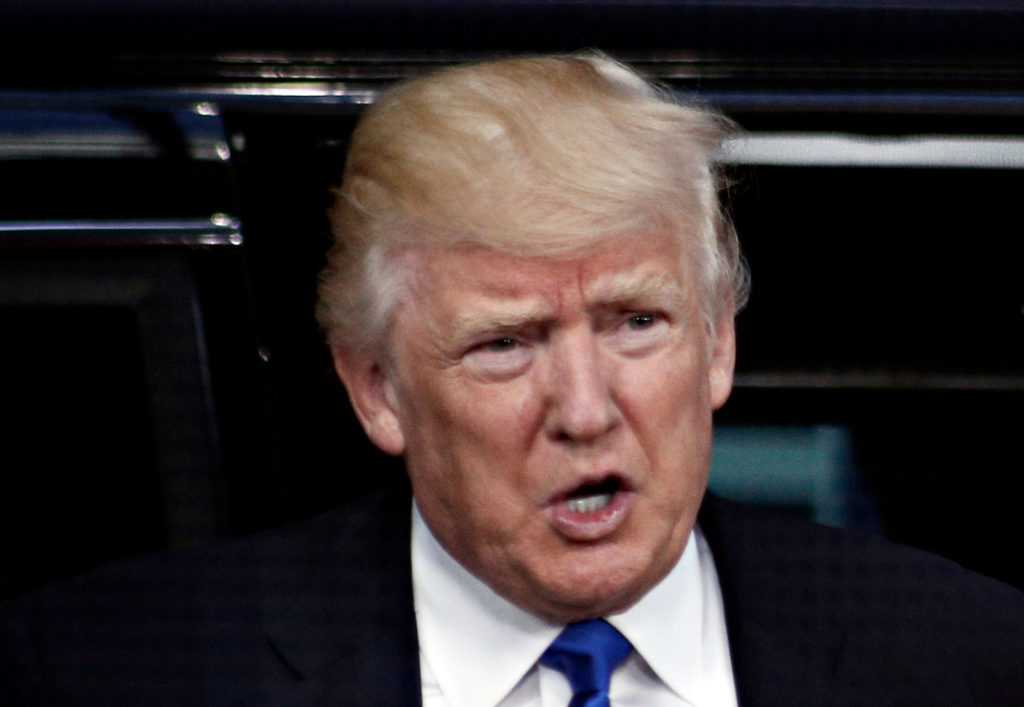Donald Trump just got some ugly news out of the Indiana primary

Amid the widespread protests and pandemic, you may not have noticed, but eight states along with Washington, DC held their primaries on Tuesday – in what was widely seen as a foretaste of how the November elections may look. The primaries were largely delayed from earlier in the spring, and long lines formed around the polling booths in places like Pennsylvania and Indiana. There were a few important down ballot races, and no significant problems with turnout or mail-in ballots as some pundits were fearing. Although it’s clear who the Democratic and Republican nominees are at the top of the ticket, something happened in the Republican primaries that Donald Trump may not care to hear.
While Donald Trump clinched the nomination following the Florida primary, not everyone is especially happy about it. That goes for a number of Republicans as well, who came out despite the risk of illness and violence to vote against him. In Indiana, a solid red state, Trump’s primary challenger Bill Weld took 8% of the popular vote – over 38,000 votes, despite no longer being in the race and barely getting any media attention at all when the primary was in full swing. It gets worse when you break it down by counties and realize that in largely suburban Hamilton County, Weld got 14%, further proof that Trump isn’t exactly popular in the suburbs that he needs to win re-election.
In New Mexico, Trump was the only one on the ballot, yet nearly 8% of the vote was uncommitted. At least 10,000 registered Republicans showed up and filled out their ballots but refused to vote for Trump as the nominee. This seems even worse when you consider that New Mexico is one of the states his re-election campaign is focusing on winning. In Pennsylvania, Trump fared better with 95% of the vote, but had 43,000 votes cast against him with 80% of precincts reporting, which is around the number of votes he won Pennsylvania by in the 2016 general election. He might boast today about winning 7 primaries, but the numbers are hardly anything to brag about.
James Sullivan is the assistant editor of Brain World Magazine and an advocate of science-based policy making
